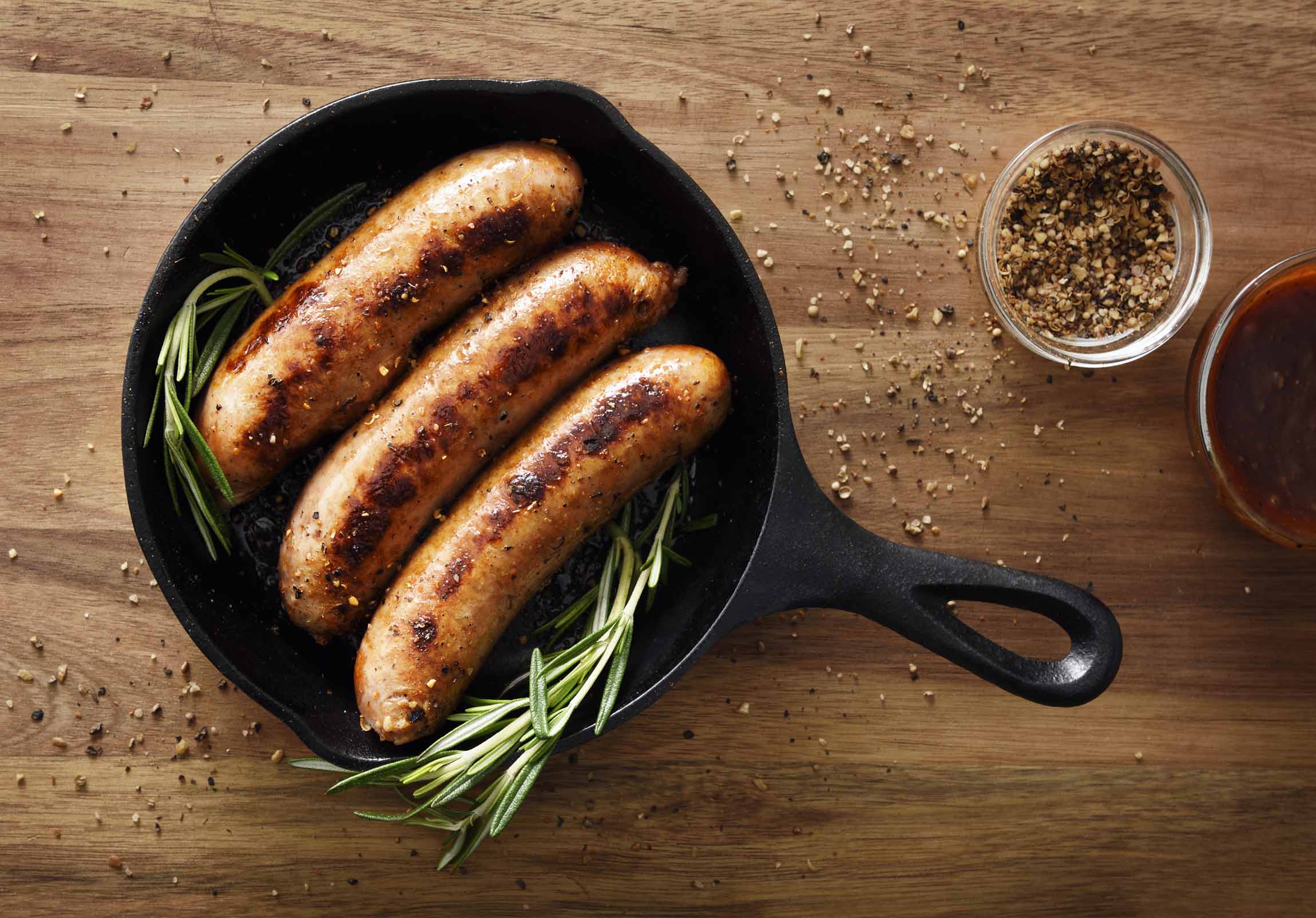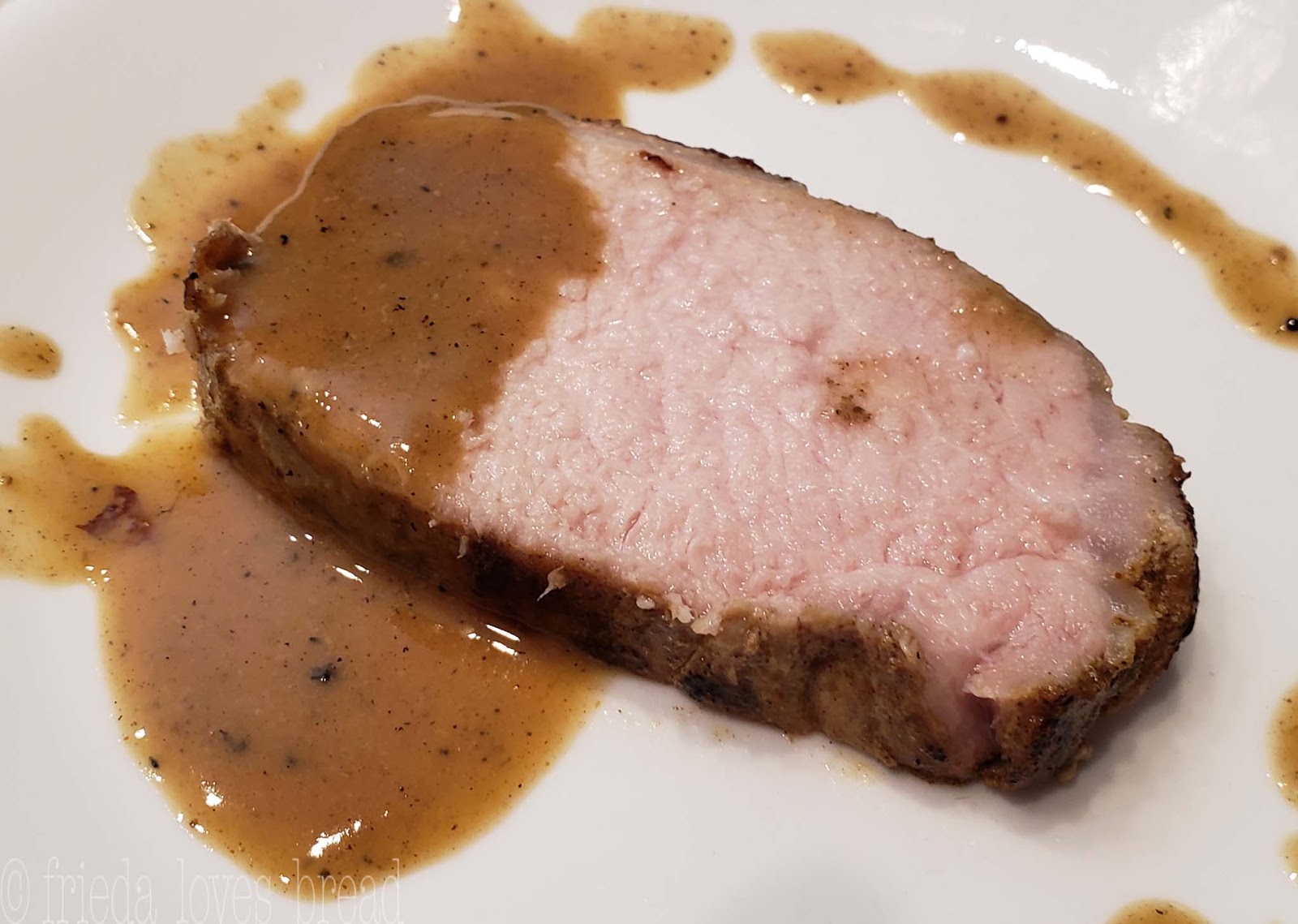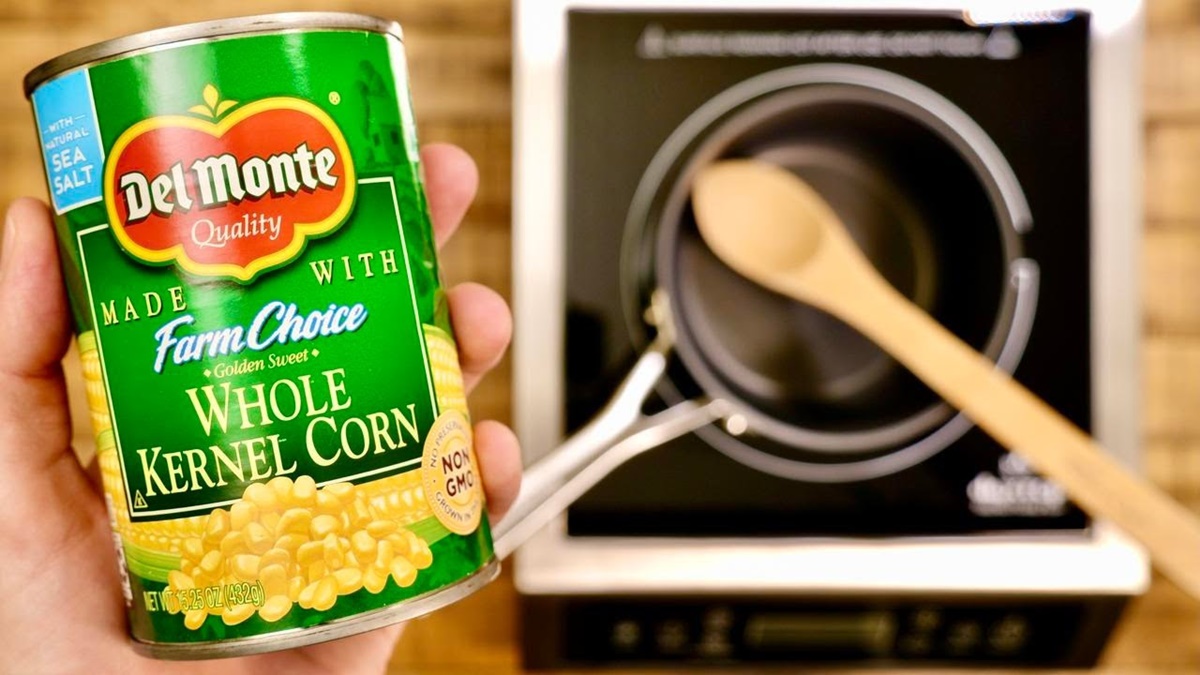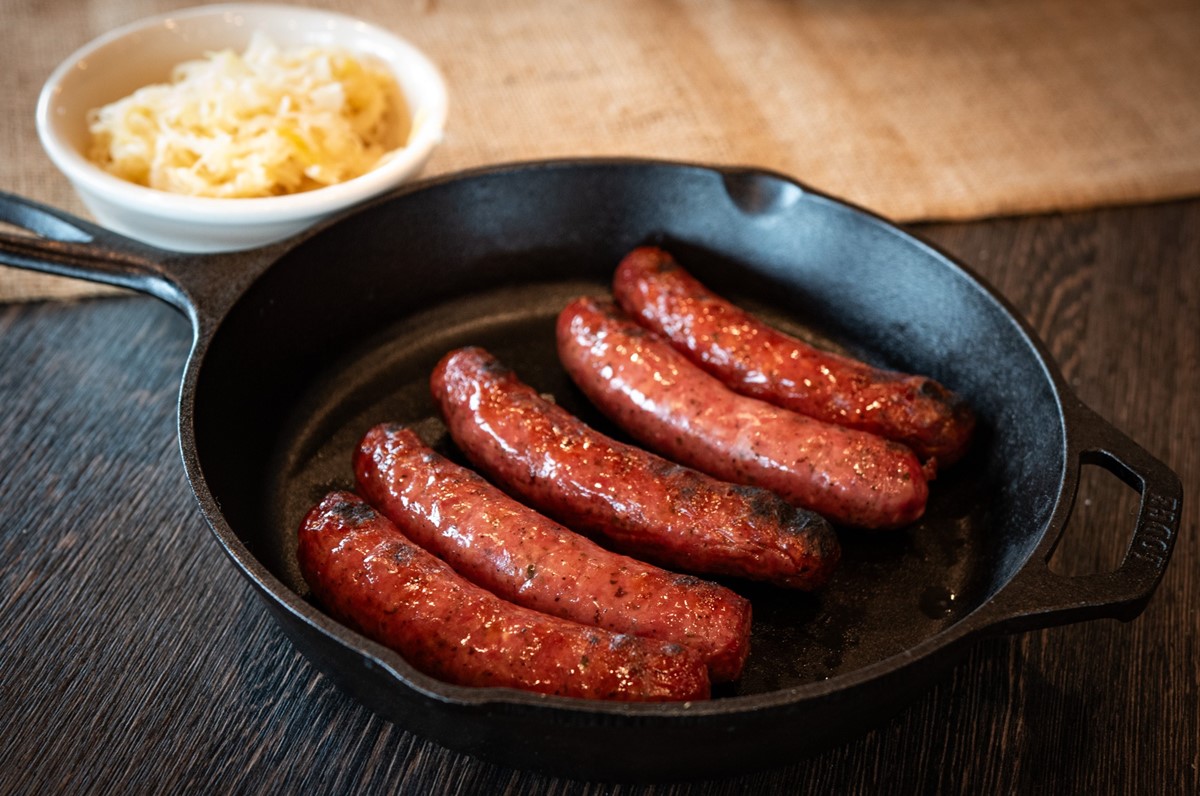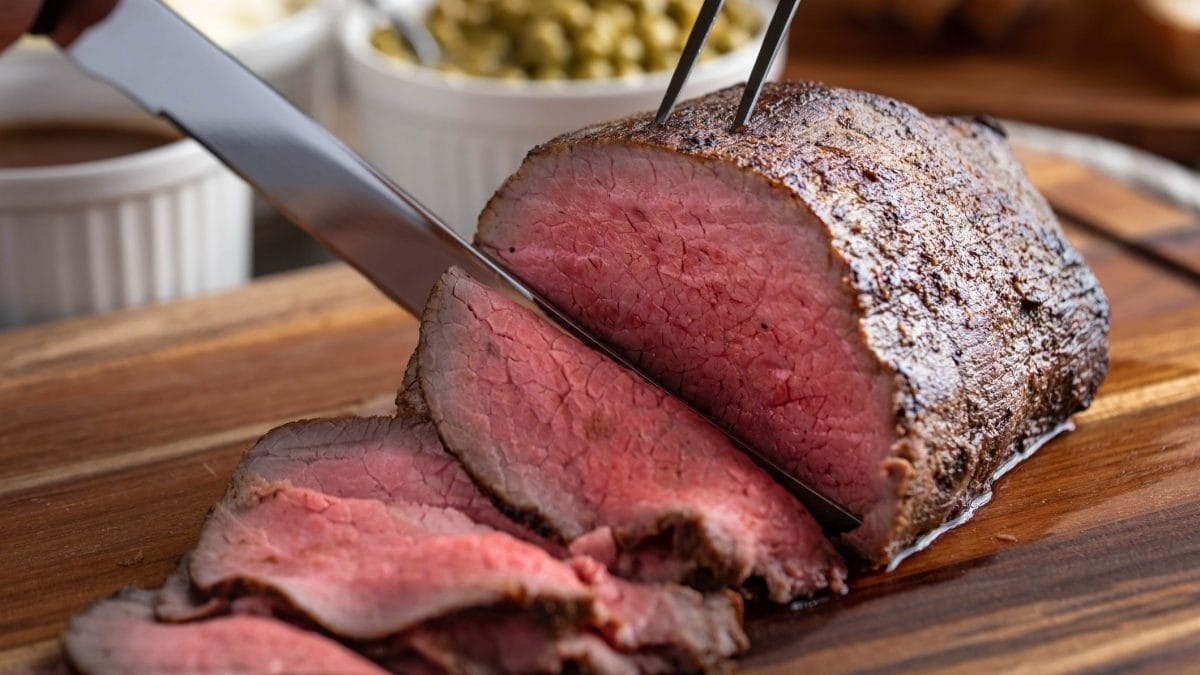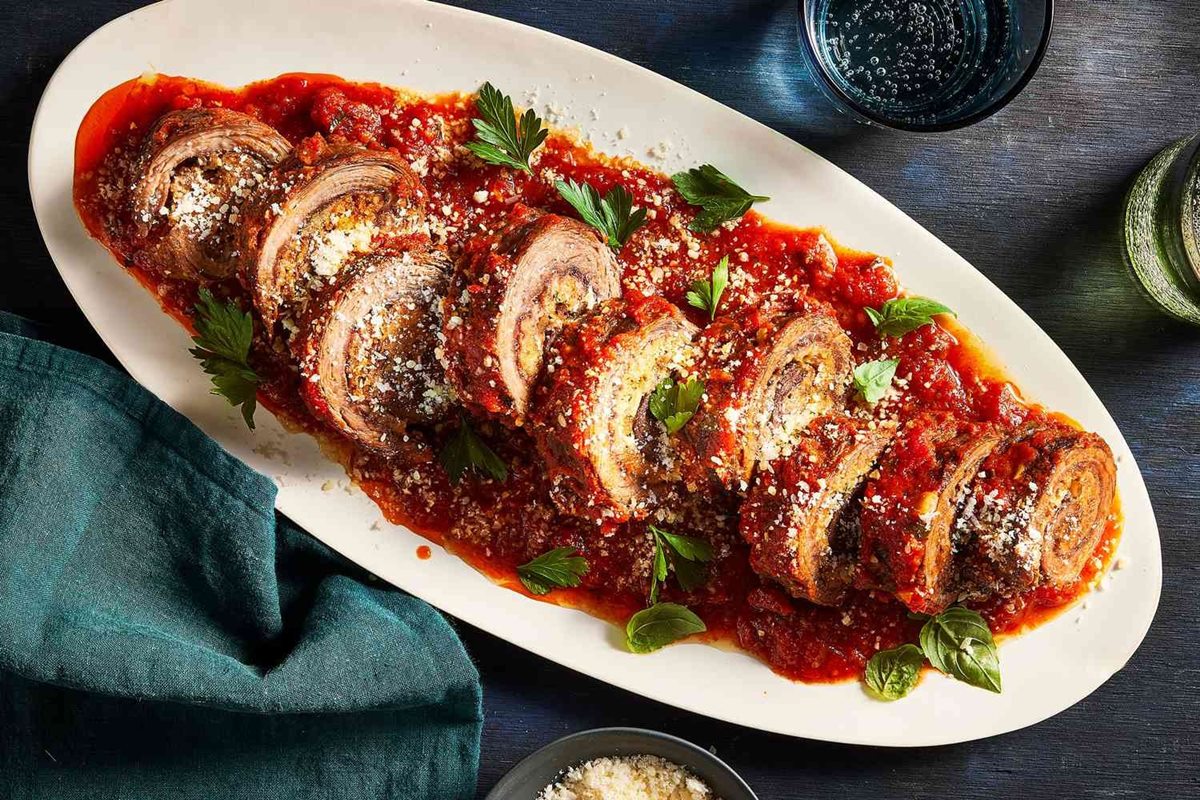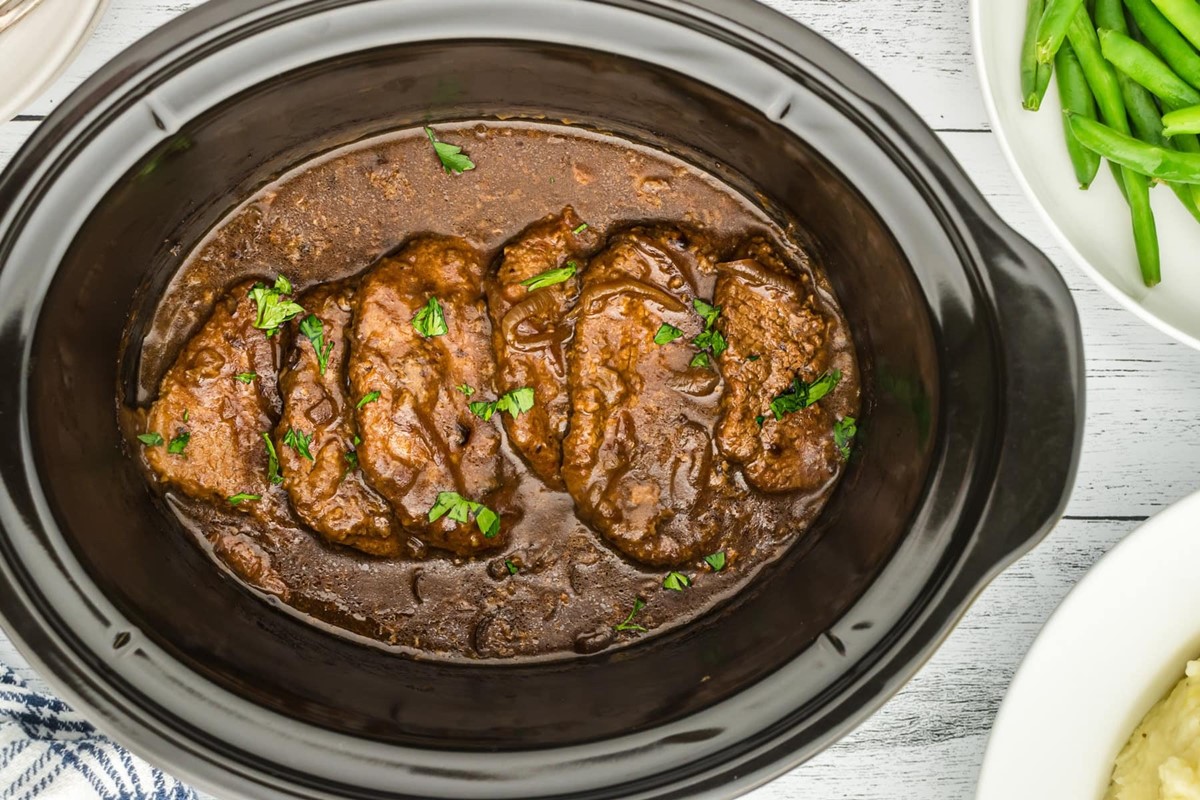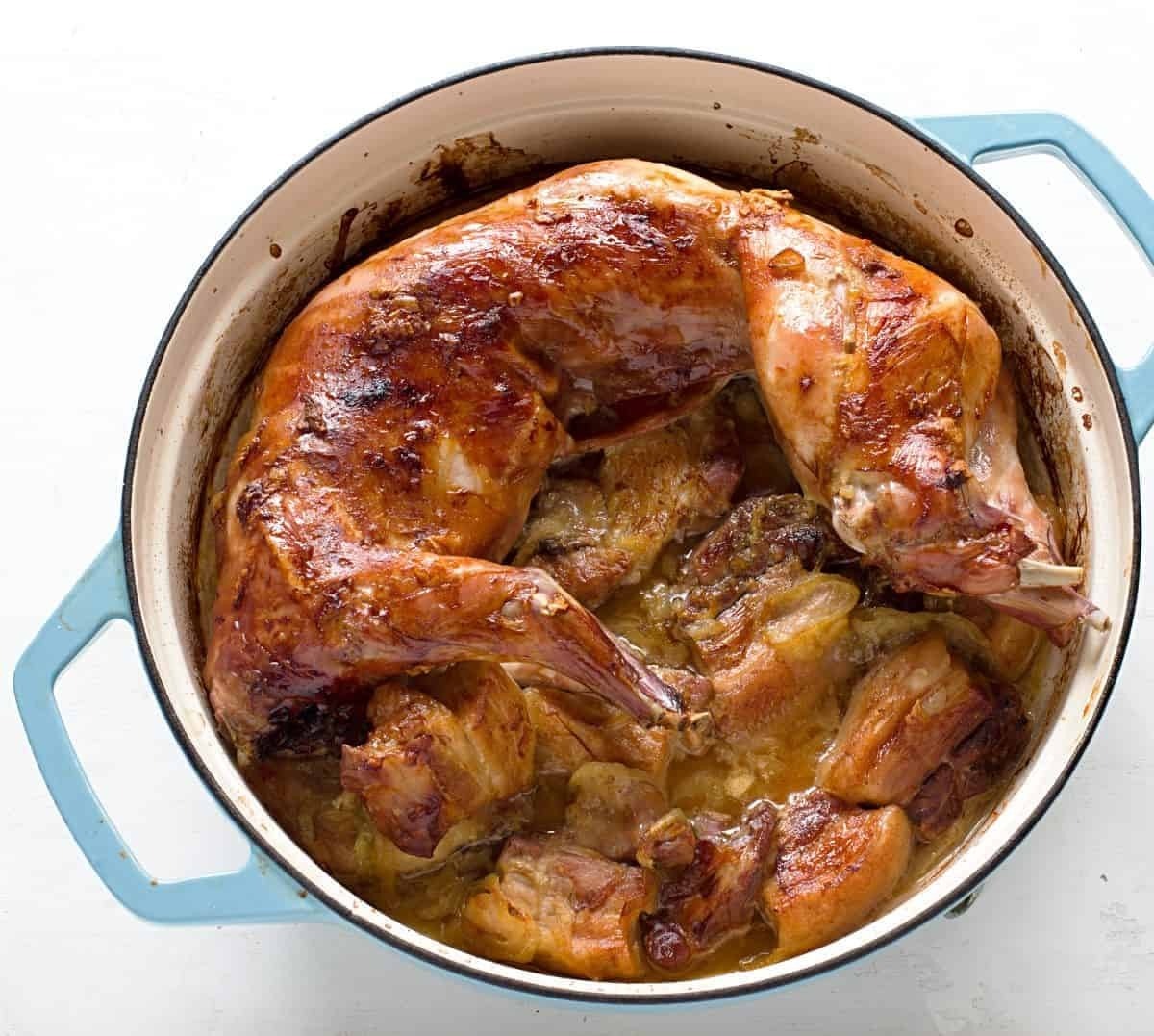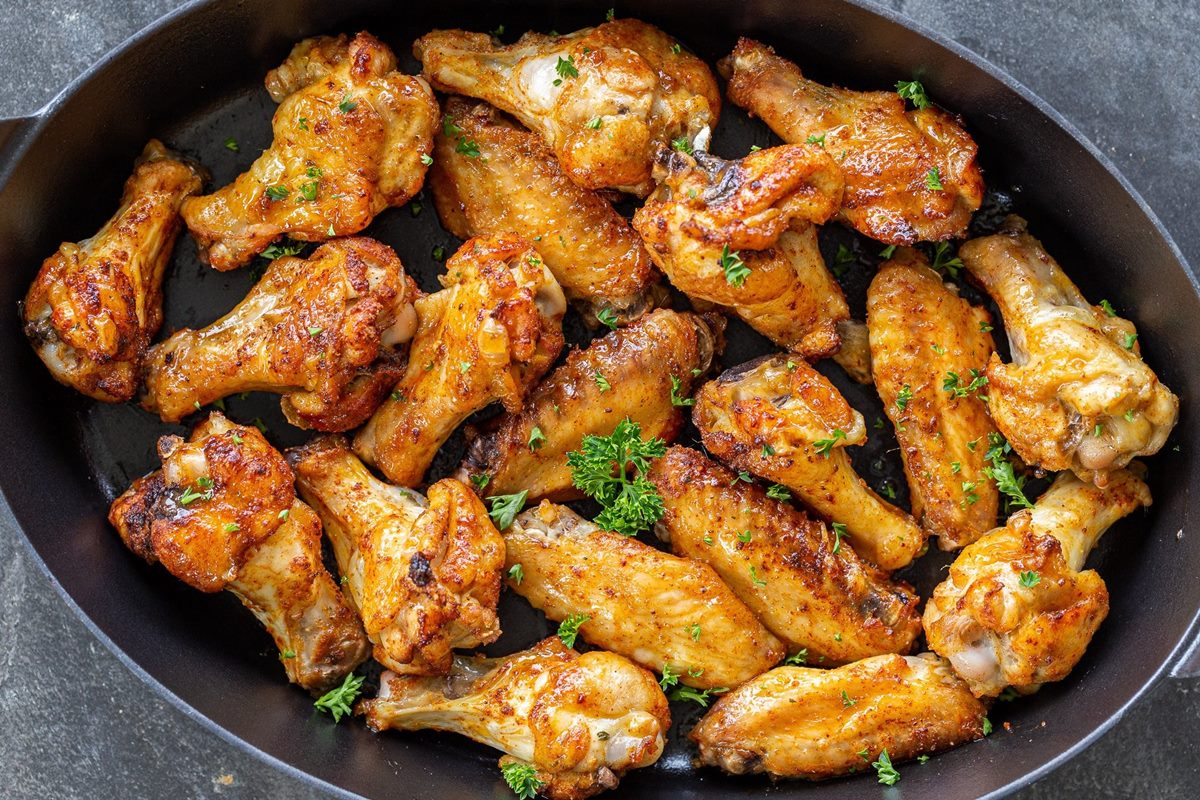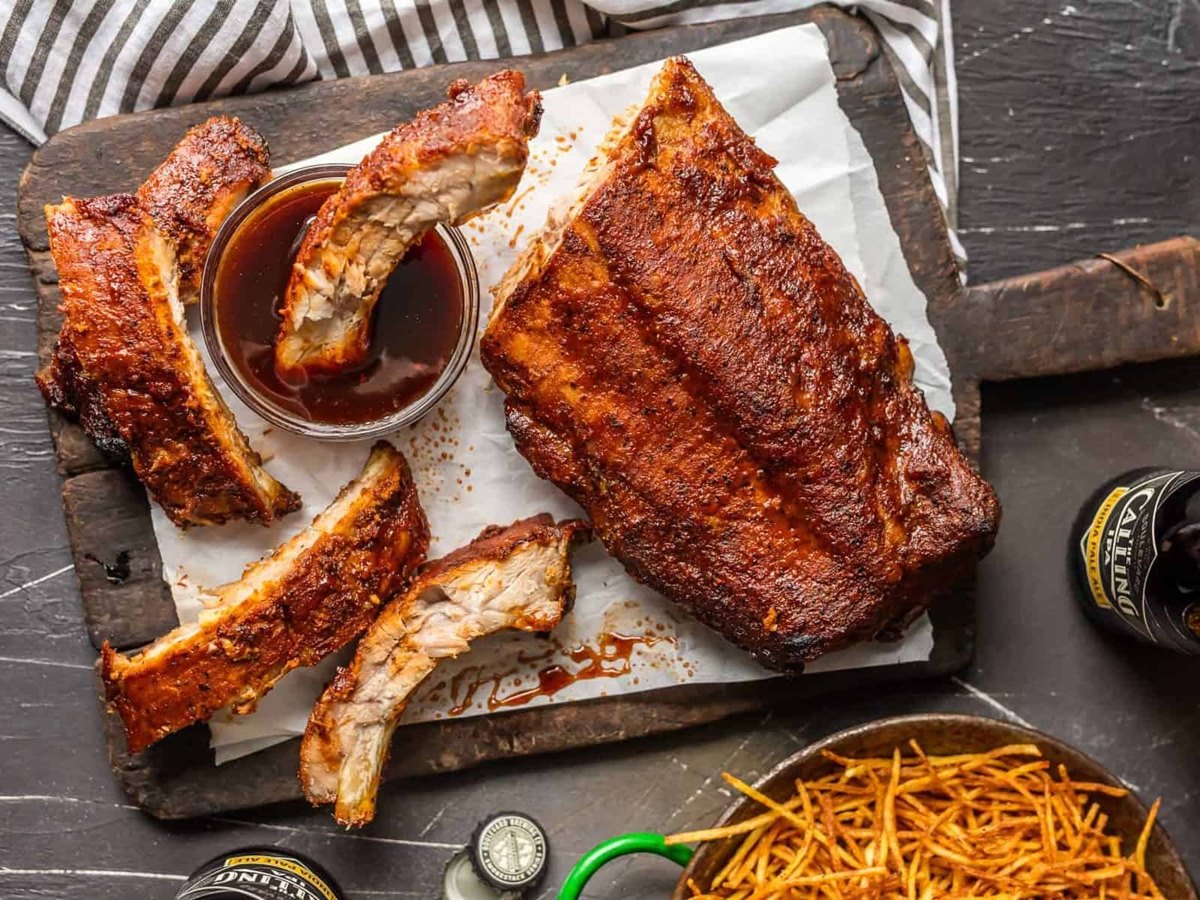Cooking spaghetti on the stove is simpler than you might think, transforming raw pasta into a delicious base for countless dishes. Whether you're aiming for al dente perfection or soft, fully cooked noodles, mastering this basic skill opens up a world of culinary possibilities. From choosing the right pot to knowing how much water to use, small details can make a big difference in the outcome. In this guide, we'll walk through the steps to cook spaghetti flawlessly on the stove every time, ensuring your pasta is the perfect canvas for whatever sauce or toppings you choose.
Gather Your Ingredients for Perfect Spaghetti
- 1 pound spaghetti
- Salt, to taste
- 4 quarts water
Essential Kitchen Tools for Spaghetti Night
- Large pot
- Colander
- Wooden spoon
- Measuring cups
- Kitchen timer
Cooking spaghetti on the stove involves boiling water, adding salt for flavor, then inserting the pasta. Stir occasionally, cook until al dente, usually about 8-10 minutes, and drain well.
The Art of Cooking Spaghetti: Why It Matters
Cooking spaghetti on the stove is a fundamental skill for any home chef. This method offers control over the pasta's texture, ensuring it reaches the perfect level of tenderness. Mastery of this technique allows for a versatile foundation in numerous dishes, from hearty meat sauces to light, vegetable-based accompaniments.
Moreover, stove-top cooking of spaghetti conserves energy and kitchen space. Unlike oven-baked pasta dishes that require preheating and extended cooking times, boiling pasta on the stove is quick and efficient. This approach suits busy lifestyles, providing a satisfying meal with minimal fuss and maximum flavor.
Your Ultimate Spaghetti Cooking Guide
-
Fill a large pot with water, using about 4 quarts of water for every pound of spaghetti.
-
Add salt to the water. For every 4 quarts of water, use 2 tablespoons of salt. This step is crucial as it flavors the pasta.
-
Bring the water to a boil over high heat. You'll know it's ready when bubbles are rapidly breaking the surface.
-
Add the spaghetti to the boiling water. Gently push it down with a wooden spoon or tongs until it's fully submerged.
-
Stir the spaghetti gently once it's in the water. This prevents it from sticking together or to the bottom of the pot.
-
Boil the spaghetti, uncovered, using the package's recommended time as a guide. However, start checking for doneness 2 minutes before the suggested time.
-
Test for doneness by fishing out a piece of spaghetti, letting it cool, then tasting it. It should be tender but still firm to the bite, a quality chefs call "al dente."
-
Reserve some pasta water before draining. Scoop out about a cup of the water; its starchiness is perfect for adjusting the consistency of your sauce later.
-
Drain the spaghetti in a colander. Shake it a few times to get rid of excess water, but there's no need to rinse unless you're using it in a cold dish.
-
Return the spaghetti to the pot or transfer it to a serving dish, then add your chosen sauce and mix well. If the sauce is too thick, add a little of the reserved pasta water until you reach the desired consistency.
-
Serve immediately while it's still hot and flavorful. Garnish with herbs or cheese if desired.
Mastering Stove-Top Spaghetti
Cooking spaghetti on the stove is a simple yet satisfying process. Once you've mastered the basics, like choosing the right pot, salting the water generously, and stirring occasionally to prevent sticking, you'll find that making perfect spaghetti is within reach. Remember, timing is crucial; taste test a few minutes before the package's suggested time to ensure it's cooked to your liking. Draining well and adding a touch of olive oil can keep your pasta from becoming a sticky mess. Whether you're whipping up a quick weeknight dinner or preparing a special meal for friends, knowing how to cook spaghetti on the stove is a skill that'll serve you well. Embrace the process, experiment with different sauces and ingredients, and enjoy the delicious results of your culinary efforts.
For those looking to perfect their spaghetti skills on the stove, there are several recipes to dive into. Start with the Classic Spaghetti with Marinara Sauce if you want a timeless meal that's always a hit. Feeling indulgent? Try the Spaghetti Carbonara for a creamy, savory delight. For a simpler yet flavorful dish, Spaghetti Aglio e Olio is a quick and easy option that's packed with garlic and olive oil. If you're in the mood for something rich and comforting, Spaghetti Alfredo will not disappoint. Craving a bit more substance? Spaghetti with Meatballs is a hearty choice that's sure to satisfy. Each of these recipes will help you master the art of cooking spaghetti on the stove, making your next meal a culinary success.
All Your Spaghetti Questions Answered
How long does it take to cook spaghetti on the stove?
Cooking spaghetti usually takes about 8-12 minutes once the water is boiling. But hey, don't just set a timer and forget about it. Giving those noodles a stir now and then stops them from sticking together or to the pot. Plus, tasting a strand or two towards the end helps you hit that perfect al dente texture.
What's the right amount of water to use for spaghetti?
For every pound of spaghetti, you'll want to use about 4 quarts of water. Sounds like a lot, right? But this gives the pasta plenty of room to move around, ensuring it cooks evenly. No one likes clumpy pasta!
Should I add oil to the pasta water?
While some folks swear by adding oil to keep the noodles from sticking, it's not really necessary. A good stir will do the trick. Plus, if you're planning on tossing your pasta with sauce, oil might just make it slippery, causing that tasty sauce to slide right off.
How do I know when the spaghetti is done?
The best way is the taste test. When the spaghetti is al dente – firm to the bite but cooked through – it's ready. If it's still a bit crunchy, give it another minute or two. Remember, it'll continue to cook a bit even after you've drained it.
Do I need to rinse my spaghetti after draining it?
Rinsing is usually not recommended, especially if you're serving it with sauce. Rinsing can wash away the starches that help sauces cling to the pasta. However, if you're making a cold pasta salad, a quick rinse can stop the cooking process and keep your noodles from turning mushy.
What's the secret to a great spaghetti dish?
Seasoning your cooking water is key. Make sure to add enough salt so it tastes as salty as the sea. This doesn't just flavor the pasta; it enhances the overall taste of your dish. And don't forget, a good quality pasta and sauce can make all the difference.
Can I cook spaghetti in sauce instead of water?
Absolutely, cooking spaghetti directly in sauce is a game-changer. It soaks up all that savory goodness, making each bite flavorful. Just ensure your sauce has enough liquid to properly cook the pasta, and you might need to add a bit of water along the way.
Was this page helpful?
Read Next: How To Cook Lobster Tails And Crab Legs

